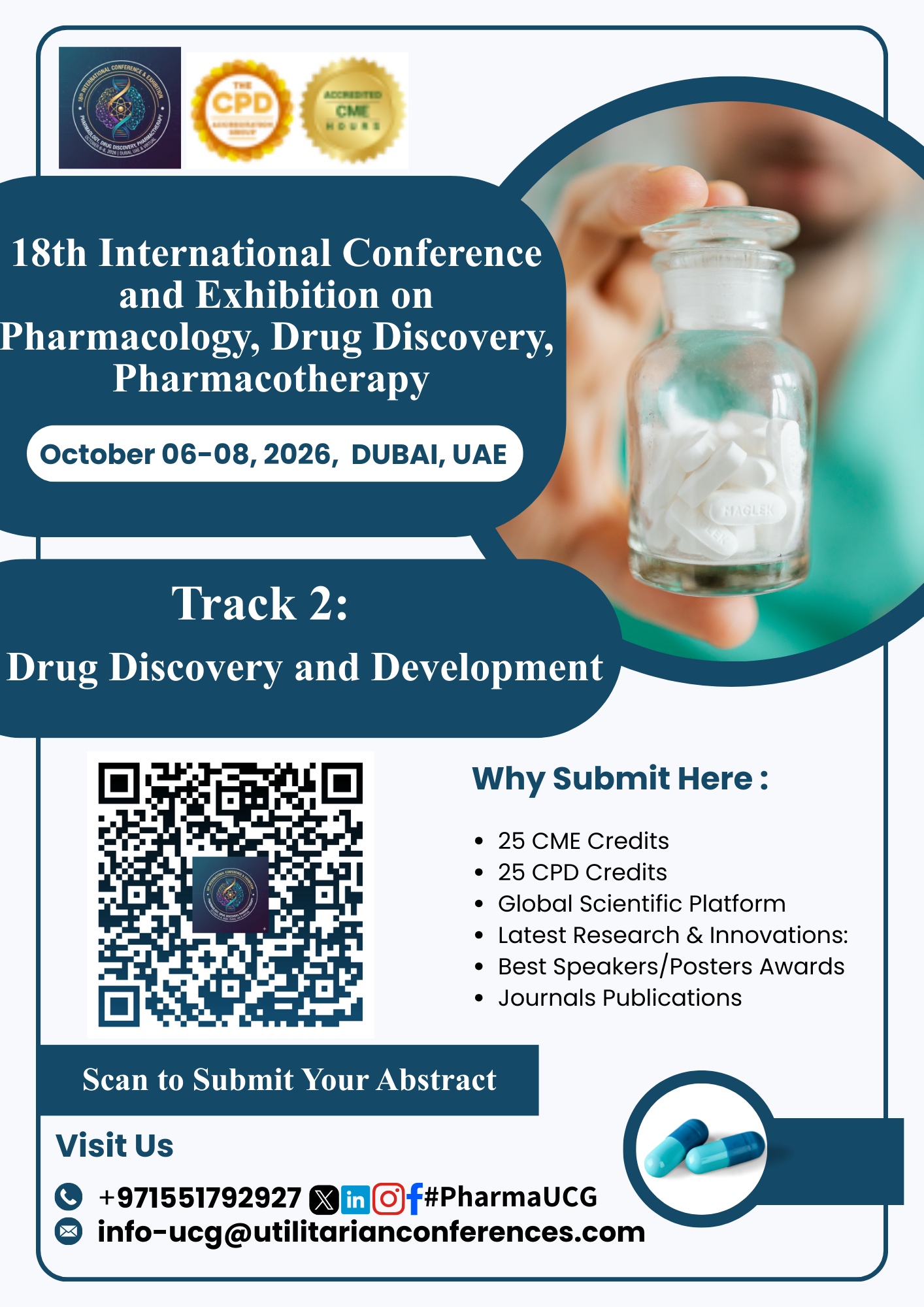



The term "pharmaceutical" refers to anything related to the...

Drug discovery and development is the complex and multi-step process of creating new...

Intellectual Property (IP) in the pharmaceutical
industry refers to the legal protections granted to companies, inventors, and
researchers for their innovative products, processes,
and discoveries related to drugs,
biologics, and medicinal technologies.
IP is crucial for encouraging innovation,
ensuring companies can recoup investment costs,
and protecting the uniqueness and competitive
advantage of their products in the market.
In the pharmaceutical sector, IP is vital because it enables companies to
secure patents for new drugs, formulations, manufacturing processes, and
technologies, granting them exclusive rights to use or sell those innovations
for a period of time. Without adequate IP protection, other companies could
copy or reproduce an invention, leading to market competition before the
original inventor can recover the substantial costs involved in the development
of new medicines.
The pharmaceutical industry relies heavily on several key forms of
intellectual property to protect its innovations:
·
Definition:
A patent is a legal right granted to the inventor
of a new drug or process, allowing them exclusive rights to produce, use, or
sell the invention for a set period (usually 20 years from the filing date). A
patent can apply to a drug's chemical formula, its method of synthesis, its
delivery system, or a unique therapeutic use.